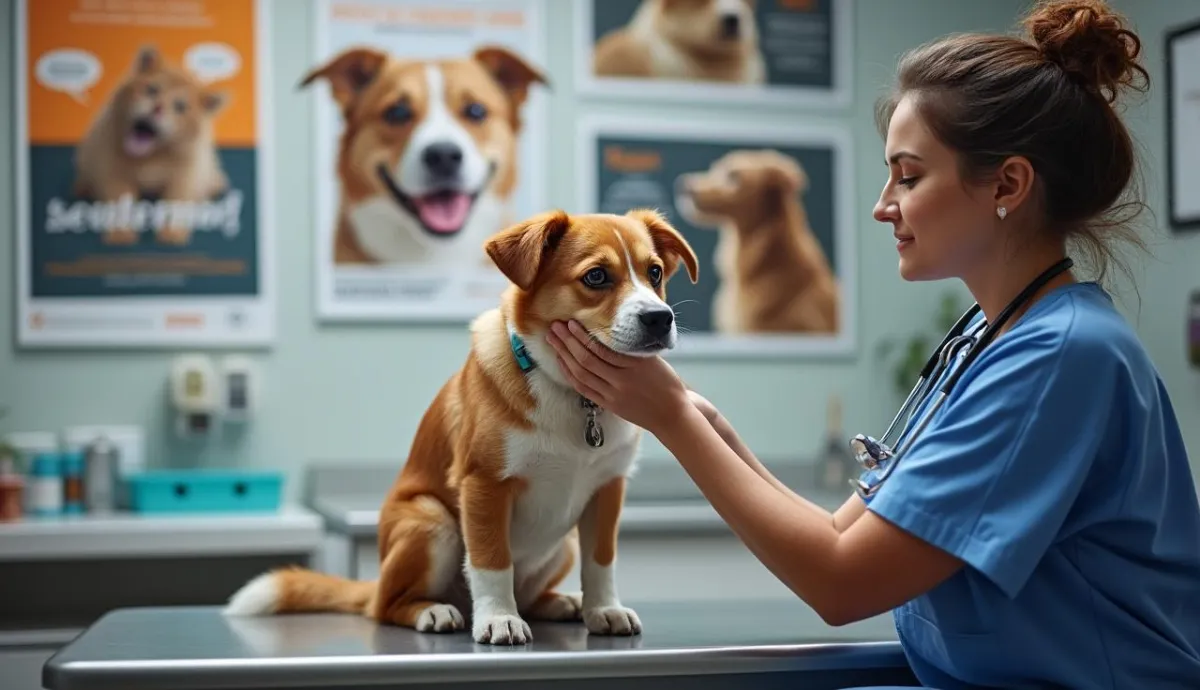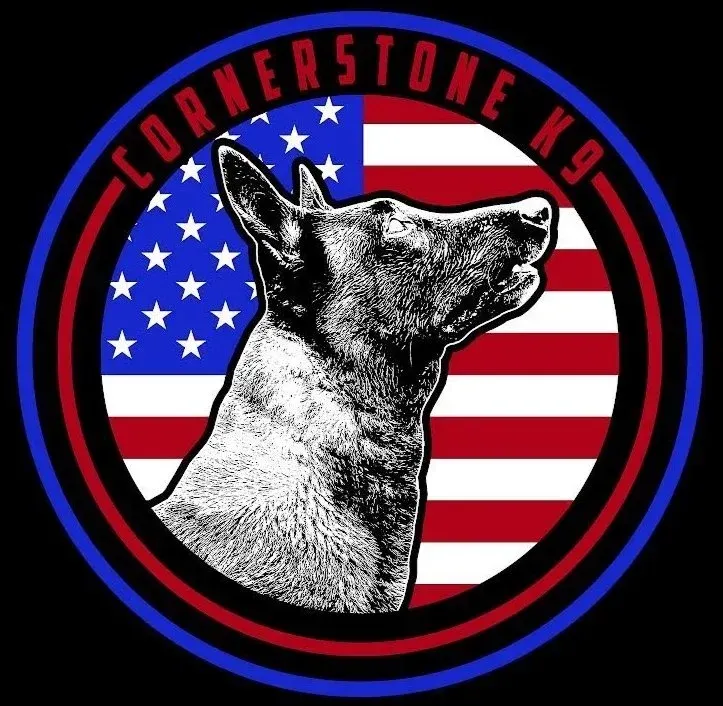
Will Neutering a Dog Help With Aggression? Guide
Many dog owners wonder if neutering will help with aggression. The truth is, it's not a simple yes or no answer. While neutering can help reduce some types of aggressive behavior, it's not a magic fix.
Think of it like this: Your dog's behavior is like a puzzle with many pieces.
Hormones are just one part of what makes dogs act aggressive. Other things like fear, past experiences, and training play big roles too. Some dogs might get less aggressive after neutering, while others might not change much at all.
Studies show that neutering works better for certain kinds of aggression. It helps most with male-to-male aggression and roaming behaviors. But if your dog is aggressive because they're scared or protecting their food, neutering alone probably won't solve the problem.
That's why it's super important to understand what's really causing your dog's aggressive behavior before deciding if neutering is the right choice.
Timing and Effectiveness: When Neutering Makes a Difference
Let's cut to the chase: timing is everything when it comes to neutering and behavior changes.
Most vets say the sweet spot for neutering is between 4-6 months old. That's when you'll see the best results for stopping aggressive behaviors before they start.
Here's what the numbers tell us: Dogs neutered before 6 months show a whopping 60% drop in aggressive behavior. But wait until after 2 years? That number drops to just 20%.
Think of it like teaching a puppy new tricks versus changing an adult dog's habits. Young pups are like blank slates - it's easier to shape their behavior before those not-so-great habits stick.
Boy dogs and girl dogs? They're different stories:
• Male dogs show faster behavior changes (2-4 weeks)• Females might take longer (up to 3 months)• Males have more dramatic improvements• Females show more subtle changes
But here's something super important: not all aggressive behaviors come from hormones. Some are learned, like food guarding or fear-based aggression.
Behavior TypeCan Neutering Help?Success RateTerritory markingYes90%Food aggressionNo10%Fear-basedMaybe40%DominanceYes70%Play aggressionNo15%
The key takeaway? Early neutering works best for hormone-driven behaviors like:- Mounting other dogs- Territory marking- Male-to-male aggression- Roaming to find mates
But remember: neutering isn't a magic fix for all bad behaviors. Some need good old-fashioned training too!
Beyond Surgery: Creating a Comprehensive Behavior Management Plan
Listen up: fixing aggressive behavior in dogs isn't just about neutering. It's like building a house - you need more than just one tool to get the job done.
Training and neutering work best together. Think of it as a team effort. Your dog needs both to become their best self.
Professional dog trainers are like teachers for your furry friend. They'll show you the right way to handle tough situations. Plus, they'll help your dog make new doggy friends safely.
Your home setup matters too! Moving furniture or adding gates can stop many problems before they start. It's like childproofing, but for your pup.
Here's what works best for managing dog aggression:
• Daily exercise and playtime• Regular feeding schedule• Safe spaces for rest• Clear boundaries• Positive rewards
Stay steady with your training. Changing rules confuses your dog. It's like teaching a child - they learn better when rules stay the same.
Remember, change takes time. Your dog won't become calm overnight. But stick with it - good things come to those who wait!
The Role of Professional Support in Aggression Management
Got a growly pup? Sometimes you need backup. Call a pro when your dog:- Bites or snaps at people- Fights with other dogs- Guards food or toys- Shows fear that won't go away
Think of behavioral experts as dog detectives. They'll find out why your dog acts tough and make a plan to help.
Your vet and dog trainer should work together. It's like having a doctor and coach team up to solve problems.
What to Expect from the Pros:| Step | What Happens | Why It Matters |||--|-|| Check-up | Full health exam | Rules out medical causes || Watch | Study dog's behavior | Spots trigger patterns || Plan | Custom training program | Fits your dog's needs || Support | Regular follow-ups | Keeps progress on track |
They'll give you clear steps to follow. No fancy words or complicated tricks - just simple, proven ways to help your dog feel better and act nicer.
Bottom line: neutering alone won't magically fix your dog's aggressive behavior. But it can be a helpful part of the bigger picture.
Think of it like this: fixing aggression is like building a house. Neutering is just one of the building blocks - you need other pieces too.
The best path forward is working with your vet and a dog trainer. They'll help you create a plan that fits your pup's specific needs. This might include training, better socialization, and changes to your dog's daily routine.
Remember, every dog is different. What works for one might not work for another. Take your time, be patient, and stay consistent with whatever approach you choose.
If your dog shows signs of aggression, don't wait - reach out to the pros. With the right help and commitment, you can help your furry friend become a happier, calmer companion.

